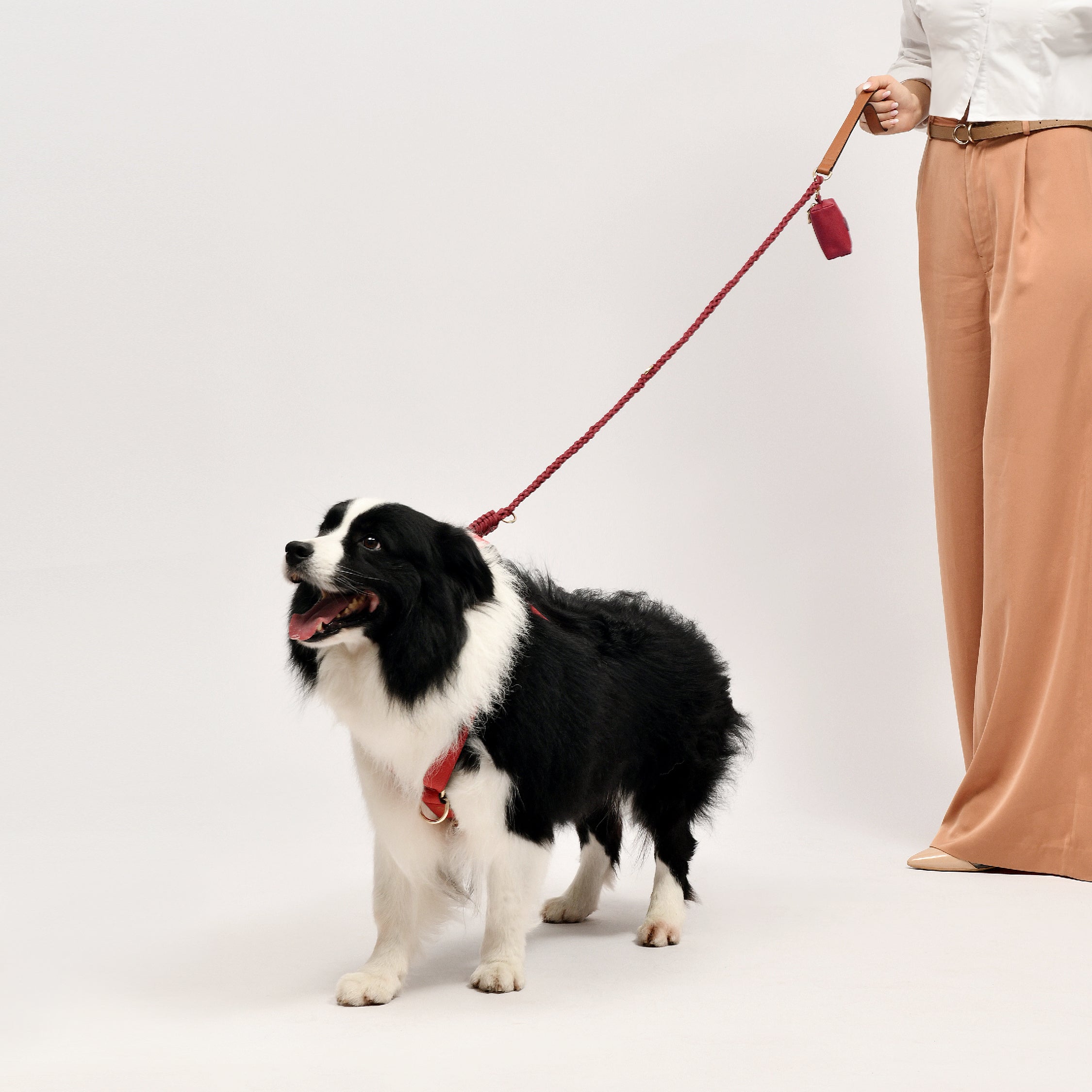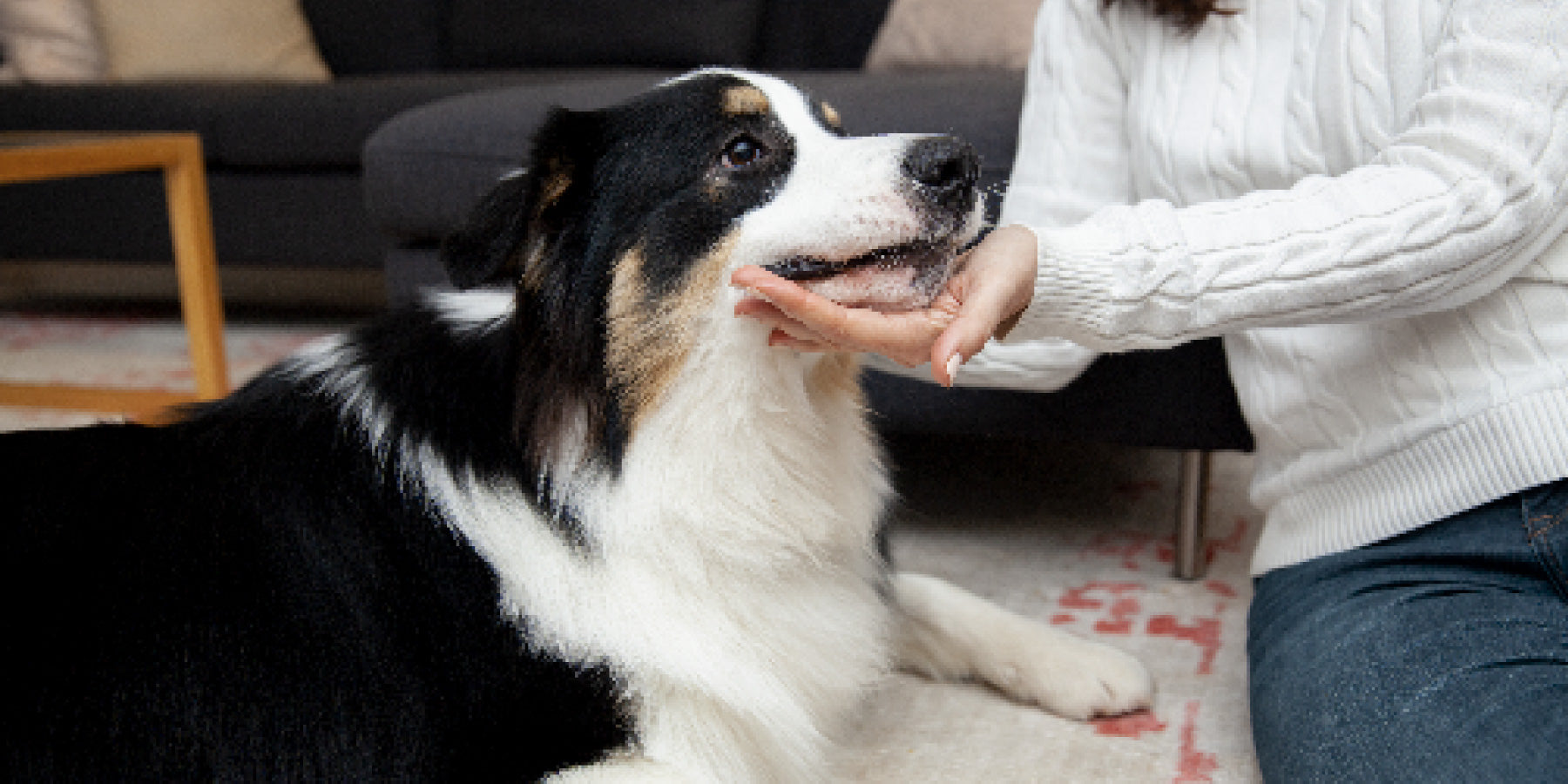In the first two parts of this series, we explored the science behind dog behavior, including instincts, emotions, learning, communication, and socialization. In this final article, we'll look at some common problem behaviors in dogs and how to address them.
One common problem behavior in dogs is separation anxiety. This occurs when a dog becomes anxious or distressed when separated from their owner. Symptoms can include destructive behavior, excessive barking, and house soiling. To address separation anxiety, it's important to gradually acclimate your dog to being alone and provide them with a safe and comfortable space to stay in while you're away.
Another common problem behavior is aggression. This can include growling, biting, or other aggressive behaviors towards people or other animals. Aggression can be caused by a variety of factors, including fear, territoriality, or lack of socialization. To address aggression, it's important to work with a qualified dog trainer or behaviorist to determine the underlying cause and develop a behavior modification plan.
Finally, let's talk about excessive barking. While barking is a normal behavior for dogs, excessive barking can be a nuisance for you and your neighbors. To address excessive barking, it's important to identify the underlying cause. This can include boredom, anxiety, or territoriality. Once you've identified the cause, you can work on addressing it through training, exercise, and environmental enrichment.
About the Author:
Quinn is an adventurous writer fueled by a deep love for animals and a passion for travel. With a heart full of wanderlust and a soul connected to nature, Quinn channels her vibrant experiences into inspiring pet owners to forge unbreakable bonds with their furry companions.










